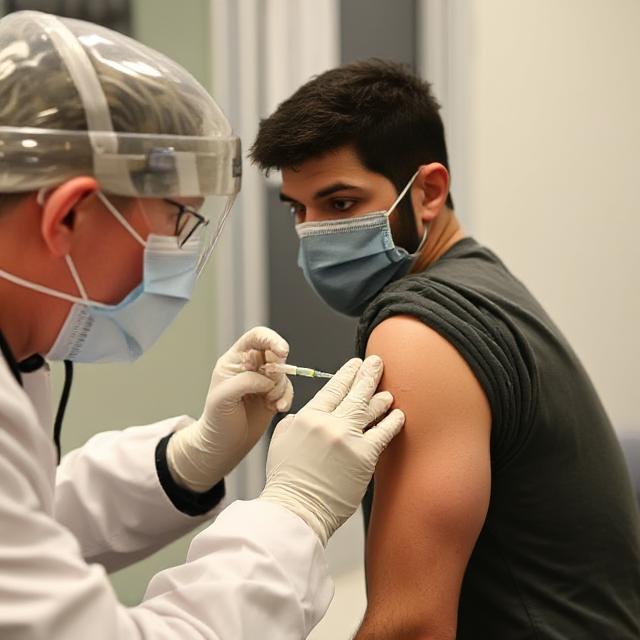A new study has found that getting the influenza vaccine not only protects people who receive it but also helps reduce the spread of the flu among those who do not get vaccinated. Researchers used a population simulation with over 1.2 million individuals in Allegheny County, Pennsylvania, to model different flu seasons and vaccination scenarios.
The study used an agent-based model, which means they tracked how simulated people, or agents, interacted in settings like schools, workplaces, and neighborhoods. This allowed them to see how flu spreads and how vaccines can stop its transmission. The researchers tested different levels of virus transmissibility, vaccine effectiveness, and the percentage of people getting vaccinated.
The results showed that when the vaccine was 40% effective, a typical rate for flu vaccines in many years, vaccination prevented between 32.9% (during seasons when the virus spread more easily) and 41.5% (when the virus was less contagious) of all flu cases. This means fewer people got sick overall when more people were vaccinated.
Importantly, the study found that even people who did not get the vaccine benefited when others in the community were vaccinated. This is called the indirect benefit or “herd immunity.” The research showed that as vaccination rates went up, fewer unvaccinated people got sick because there were fewer chances for the virus to spread in the community. However, these indirect benefits were smaller when the virus spread very easily, such as with a pandemic strain.
The direct benefit, protection for people who got the vaccine was always greater than the indirect benefit to those who did not. But the results highlight how community-wide vaccination efforts protect everyone, not just those who get the shot.
The study also tested the impact of changing vaccination rates and vaccine effectiveness. Even when vaccine coverage or effectiveness was low, getting vaccinated still made a noticeable difference in reducing the number of flu cases in the population. In situations where the flu virus was extremely contagious, the direct benefit remained, but the indirect benefit to unvaccinated individuals largely disappeared.
Researchers say these findings reinforce the importance of getting vaccinated against the flu each year. Widespread vaccination helps stop the spread of flu, protects those most vulnerable, and can reduce the total number of people who get sick. The results suggest that flu shot campaigns benefit the entire community, not just individuals.








